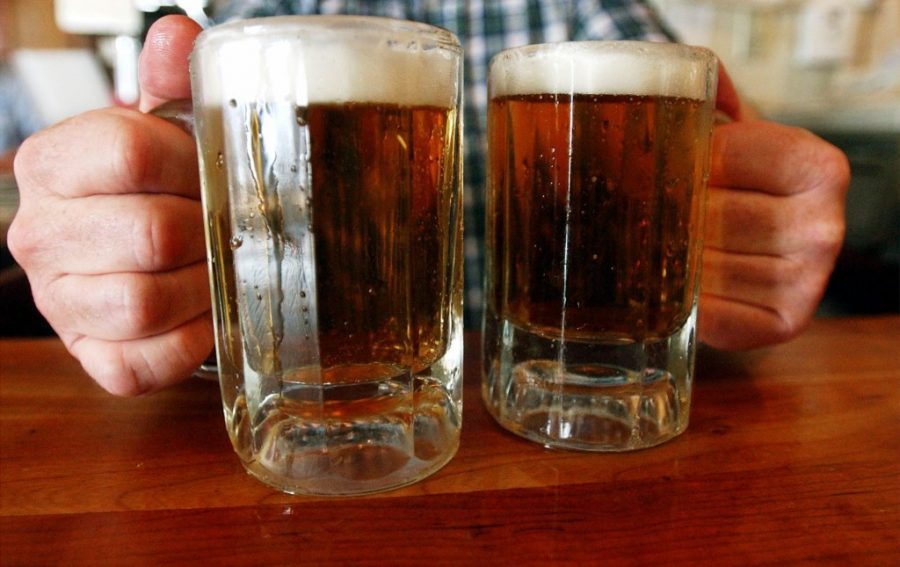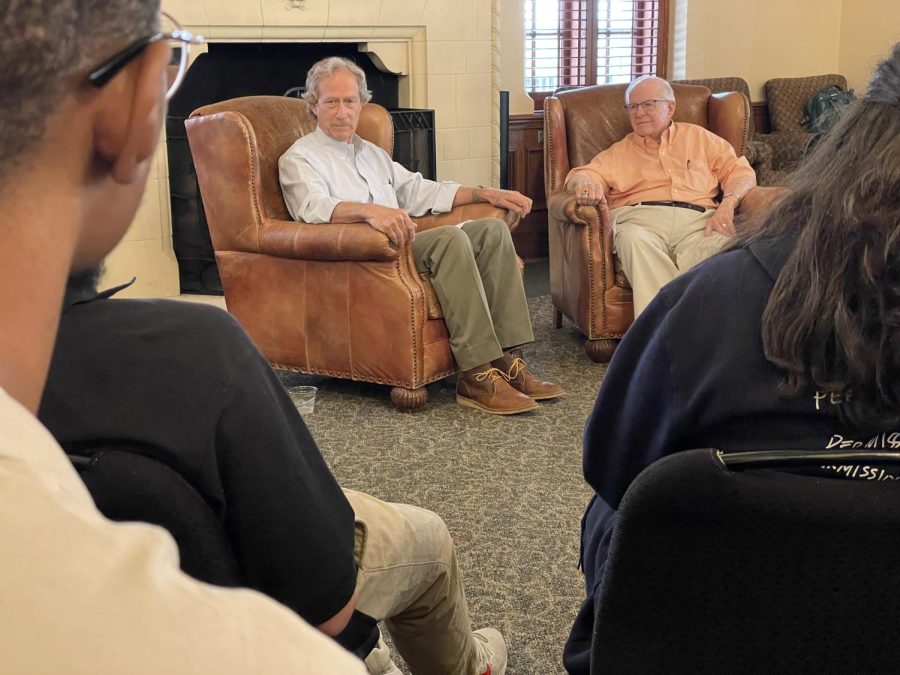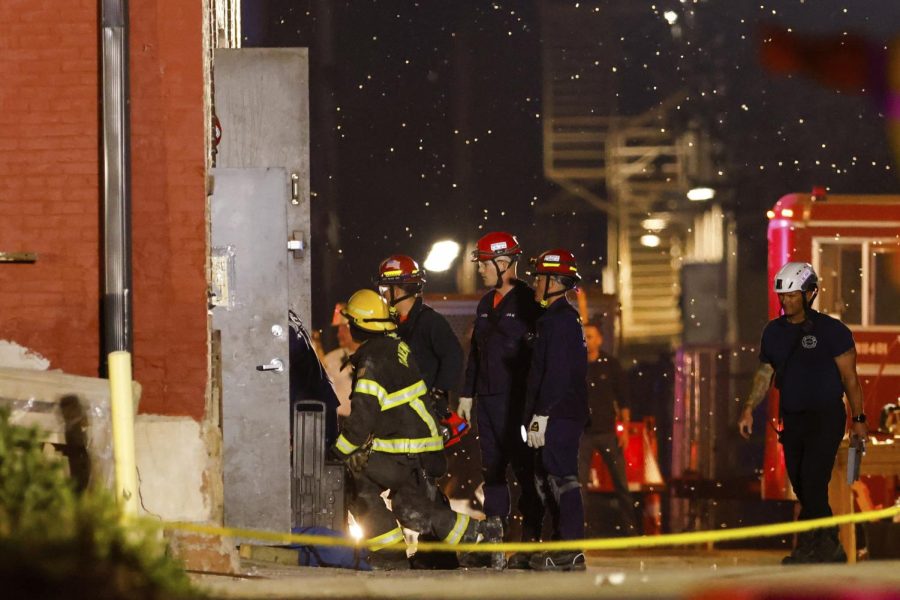LINDSEY TANNER
AP Medical Writer
CHICAGO Alcohol problems affect almost 33 million adults and most have never sought treatment, according to a government survey that suggests rates have increased in recent years.
The study is the first national estimate based on a new term, “alcohol use disorder,” in a widely used psychiatric handbook that was updated in 2013.
Five things about the recent research by the Journal of the American Medical Association Psychiatry:
DEFINING ALCOHOL PROBLEMS
The revised handbook, the DSM-5, defines problem drinkers or those with the disorder as people with at least two of 11 symptoms, including drinking that harms performance at work, school or home, frequent hangovers and failed attempts to limit drinking. Mild problems involve two to three symptoms; severe involve at least six symptoms. The new handbook combined alcohol abuse and dependence, which had been separate disorders, added craving as one symptom and eliminated alcohol-related legal problems as another.
THE NUMBERS
Researchers from the National Institute on Alcohol Abuse and Alcoholism asked 36,000 adults during 2012 and 2013 about lifetime drinking habits. About 14 percent of adults were current or recent problem drinkers, or nearly 33 million nationally, and 30 percent — almost 69 million — had been at some point in their lives. Mild drinking problems were the most common, while 14 percent had experienced severe drinking problems.
Using the old definition, the rates were 13 percent for current or recent problem drinking and 44 percent for lifetime prevalence — up from 9 percent and 30 percent in the agency’s 2001-02 survey.
HEAVY DRINKING
Nearly 40 percent of adults surveyed said they had engaged in binge drinking — having at least five drinks in a day — at least once in the past year, up from 31 percent in the earlier survey. Even heavier drinking also increased but was less common.
WHO’S DRINKING
Drinking problems were most prevalent among men, whites and Native Americans. Low-income adults, those younger than 30 and those who never married also had relatively high rates. Problem drinking also was more common among city dwellers than those in rural areas, while the West and Midwest had higher rates than other regions.
STIGMA & DENIAL
George Koob, director of the federal agency that did the survey, said it’s unclear why problem drinking has increased but that many people underestimate the dangers of excessive alcohol. Many won’t seek help because of “stigma and denial,” and many don’t realize that medications and behavior treatments can help.
“There’s a lore that there’s only Alcoholics Anonymous out there and that’s not true,” he said.
********
Symptoms of alcohol abuse
Drinking more or longer than intended.
Failure to limit or eliminate drinking.
Long time spent drinking or becoming ill from aftereffects.
Craving or having a strong need to drink.
Interference with performance at work, home or school.
Continuing to drink, despite trouble with family or friends.
Giving up other (important) activities to drink.
Engaging in risky activities, such as driving or having unsafe sex, while or after drinking.
Continuing to drink despite feeling depressed or anxious or after blacking out.
Finding that usual number of drinks had much less effect than before.
Having withdrawal symptoms, such as trouble sleeping, anxiety, depression or nausea, while effects of alcohol were wearing off.Source: National Institute on Alcohol Abuse and Alcoholism
********
Local resources for people with alcohol problems:
Hill Country Intergroup
24-hour hotline: 512-444-0071
Business: 512-448-9017
Site: www.austinaa.org
Oficina Intergrupal Hispana Alcoholics Anonymous
Hotline: 512-619-2458
Main: 512-832-6767
Site: www.aaaustinhispano.org
Christian Farms-Treehouse residential treatment facility,
Temple
Main: 254-933-9400
Site: www.cfth.org
Austin Travis County Integral Care
Crisis hotline: 512-472-4357
Toll-free: 844-398-8252
Site: www.integralcare.org
Oficina Intergrupal Hispana, San Antonio
Main: 210-533-9770
Central Service Office, San Antonio
Helpline: 210-828-6235
Main: 210-821-6325
Spanish hotline: 210-409-8524
Site: www.aasanantonio.com




















